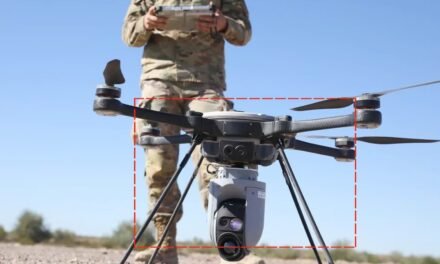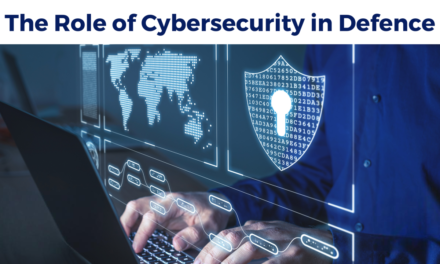Secure communication services are vital to defense operations as they ensure the confidentiality, integrity, and availability of information shared among military personnel, command centers, and operational units. Reliable and secure communications enable effective decision-making, coordination, and execution of missions, even in hostile and high-risk environments. Here’s a breakdown of their importance:
1. Ensuring Confidentiality and Preventing Eavesdropping
- Importance:
- Prevent adversaries from intercepting sensitive information such as troop movements, battle strategies, or classified intelligence.
- How It Works:
- Encryption protocols secure data in transit, making intercepted communications unreadable without decryption keys.
- Example:
- Military-grade encryption standards like Advanced Encryption Standard (AES)-256 protect communications in high-stakes scenarios.
2. Facilitating Command and Control (C2)
- Importance:
- Enable commanders to issue orders and receive updates from the battlefield without delay or compromise.
- How It Works:
- Secure communication networks integrate with C2 systems to provide real-time situational awareness and operational coordination.
- Example:
- Systems like Link 16 provide encrypted, high-speed data exchange for joint operations.
3. Enhancing Multi-Domain Operations
- Importance:
- Synchronize efforts across land, sea, air, space, and cyber domains, ensuring seamless interoperability.
- How It Works:
- Shared communication protocols and secure networks allow units from different domains to exchange information.
- Example:
- NATO forces rely on STANAG-compliant systems to ensure interoperability among member nations.
4. Protecting Against Cyber Threats
- Importance:
- Safeguard critical communication infrastructure from cyberattacks, such as hacking, spoofing, or denial-of-service (DoS) attacks.
- How It Works:
- Firewalls, intrusion detection systems, and secure authentication protocols protect networks and data.
- Example:
- Defense communication systems employ multi-factor authentication (MFA) and end-to-end encryption to prevent unauthorized access.
5. Supporting Tactical Operations
- Importance:
- Provide secure, real-time communication for frontline troops to coordinate maneuvers, request support, and report threats.
- How It Works:
- Tactical radios and handheld devices enable encrypted communication even in contested environments.
- Example:
- Devices like the AN/PRC-117G radio allow secure voice and data exchange for ground forces.
6. Enabling Intelligence Sharing
- Importance:
- Allow secure transmission of classified intelligence to inform decision-making and operations.
- How It Works:
- Secure communication platforms ensure that sensitive intelligence remains accessible only to authorized personnel.
- Example:
- Encrypted satellite communication systems transmit real-time intelligence from drones to command centers.
7. Ensuring Continuity During Conflict
- Importance:
- Maintain communication channels in contested or degraded environments, such as during electronic warfare or natural disasters.
- How It Works:
- Resilient communication networks, such as mesh networks and satellite links, provide redundancy and ensure availability.
- Example:
- Military satellites like the WGS (Wideband Global SATCOM) system ensure connectivity in austere conditions.
8. Facilitating Joint and Coalition Operations
- Importance:
- Ensure secure interoperability among allied forces, enabling coordinated actions in multinational missions.
- How It Works:
- Common communication standards and protocols enable secure information sharing.
- Example:
- Systems like Coalition Secure Voice Communication (CSVC) ensure secure voice exchanges in NATO missions.
9. Reducing Communication Delays
- Importance:
- Provide rapid, reliable communication to minimize delays in decision-making and responses.
- How It Works:
- Advanced communication networks prioritize critical data and maintain low latency.
- Example:
- Real-time video feeds from drones enable commanders to make quick decisions during dynamic operations.
Secure communication services are indispensable in defense operations, ensuring that information remains protected and accessible in dynamic and high-stakes environments. By safeguarding information exchange and enabling seamless coordination, these services enhance operational effectiveness, protect national security, and ensure mission success even in the face of evolving threats.













